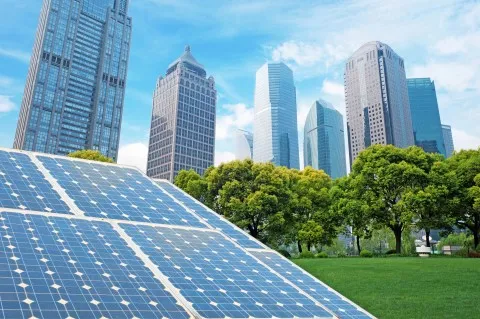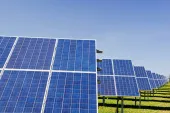
Asian renewable markets becoming attractive for investments
Underlying positive fundamentals are driving growth.
Beyond China, it has been noted that other renewables markets in the region are becoming increasingly attractive for investment, as a number of underlying positive fundamentals drive growth.
According to a research note from BMI Research, these factors include: Improving regulatory environments for renewables – A number of countries in the region are implementing policies and regulations to help encourage investment into domestic renewable industries.
These include: adopting subsidy schemes, auction systems, Renewable Energy Targets (RET), net metering and reforming electricity tariffs to improve the returns on offer to developers. Removing fossil fuel subsidies is also gaining traction in the region, which will boost the cost-competitiveness of cleaner fuel types and encourage utilities to invest into alternative technologies.
Here’s more from BMI Research:
That said, it is important to note that some of the more mature power markets in Asia have suffered from policy uncertainty, which is weighing on the renewables outlook in these countries. For example, Australia, South Korea, Japan, and Taiwan. Increasing availability of financing mechanisms - Increased access to funding and the greater availability of financing mechanisms for projects is helping to improve the economic feasibility of renewable energy projects.
For example, in India there is the Viability Gap Funding (VGF) and the recent creation of a National Infrastructure Investment Fund (NIIF), while Goldman Sachs Group has recently launched of a new USD1bn green bond facility in Japan.
Barriers facing the conventional power sector - Ongoing dis parities between electricity supply and demand are causing widespread power shortages across the Asian region, notably in Pakistan, India, Indonesia, Bangladesh and Cambodia
A lack of generation capacity, insufficient investment, inefficiencies within the transmission and distribution network (T&D) and fuel and water shortages have all been cited as key factors narrowing the supply/demand margin. This situation is exacerbated when you take Asia's power demand trajectory into consideration; we expect power consumption to increase by an annual average of 5.2% between 2 0 15 and 2 0 2 4 - exceeding any other region globally
These barriers in the conventional power sector pave the way for growth in decentralised, off-grid renewable energy solutions, which are scalable to suit rural areas and small-scale systems. The adoption of distributed energy solutions (DES) - such as off-grid solar - also result in fewer power losses due to the close proximity of supply and demand. As such, we expect this segment to be a key growth area for the renewables sector in underserved power markets over the coming decade.



















 Advertise
Advertise




